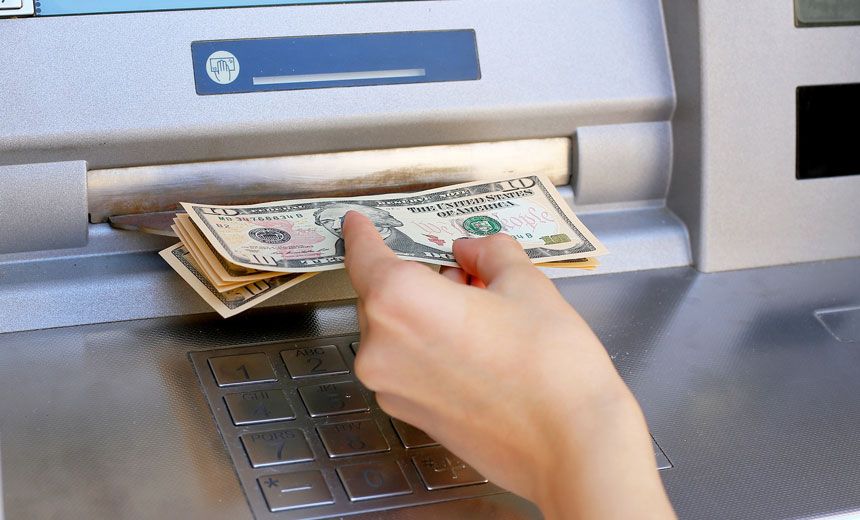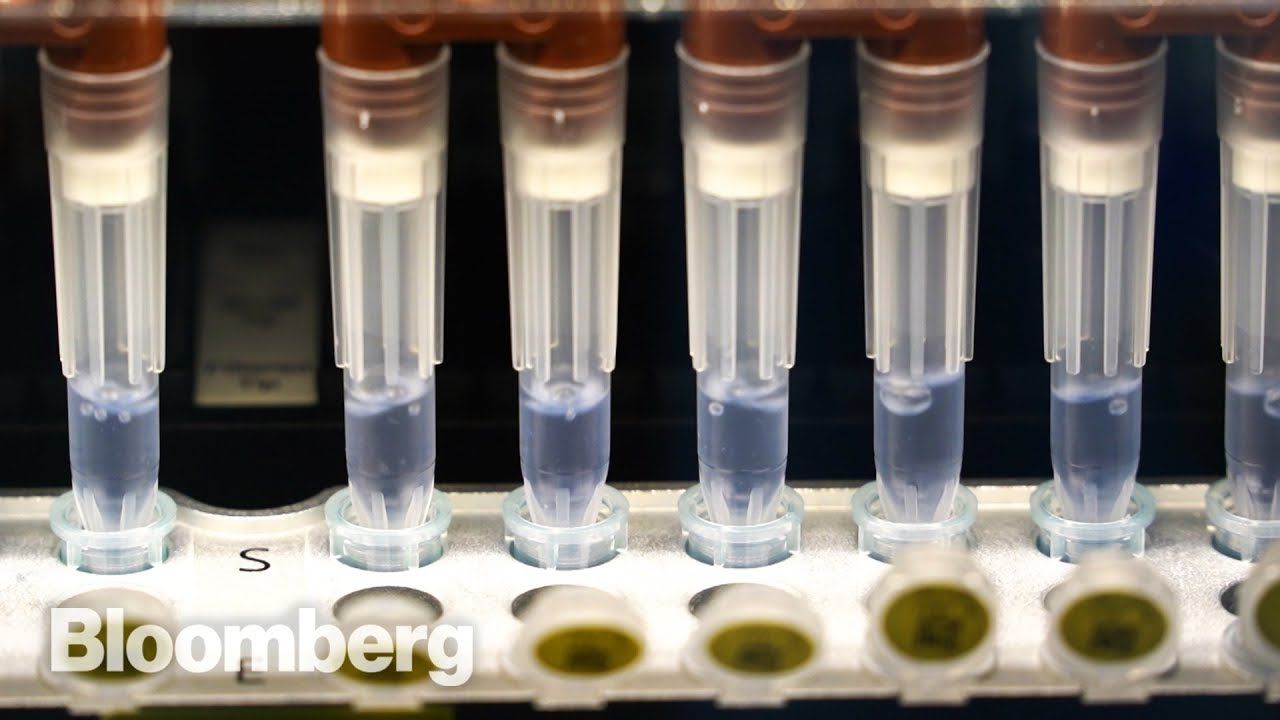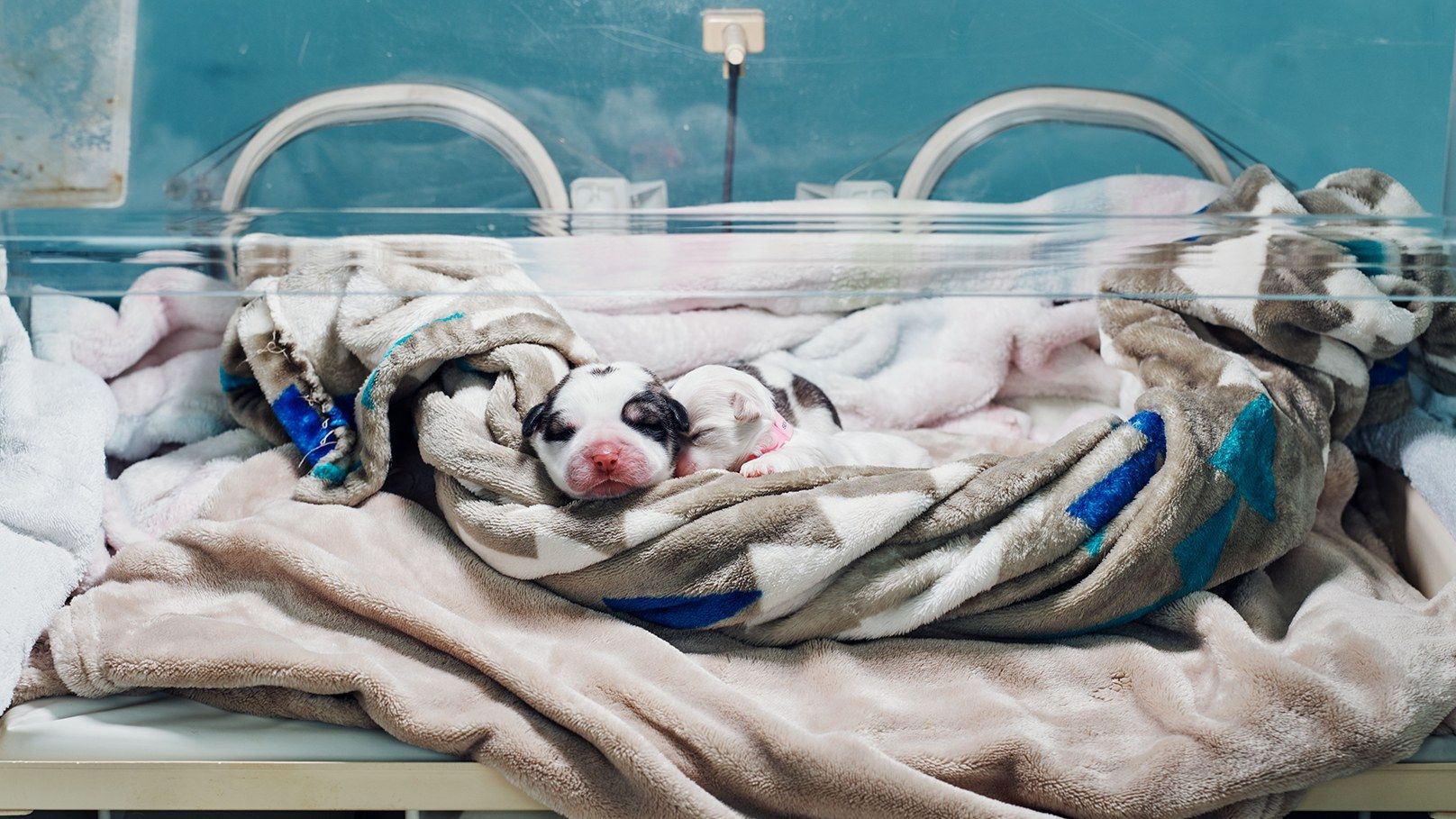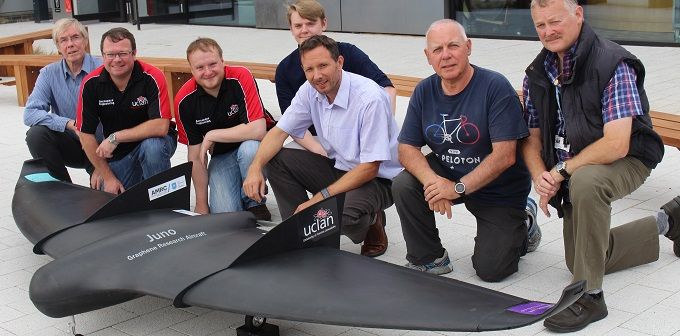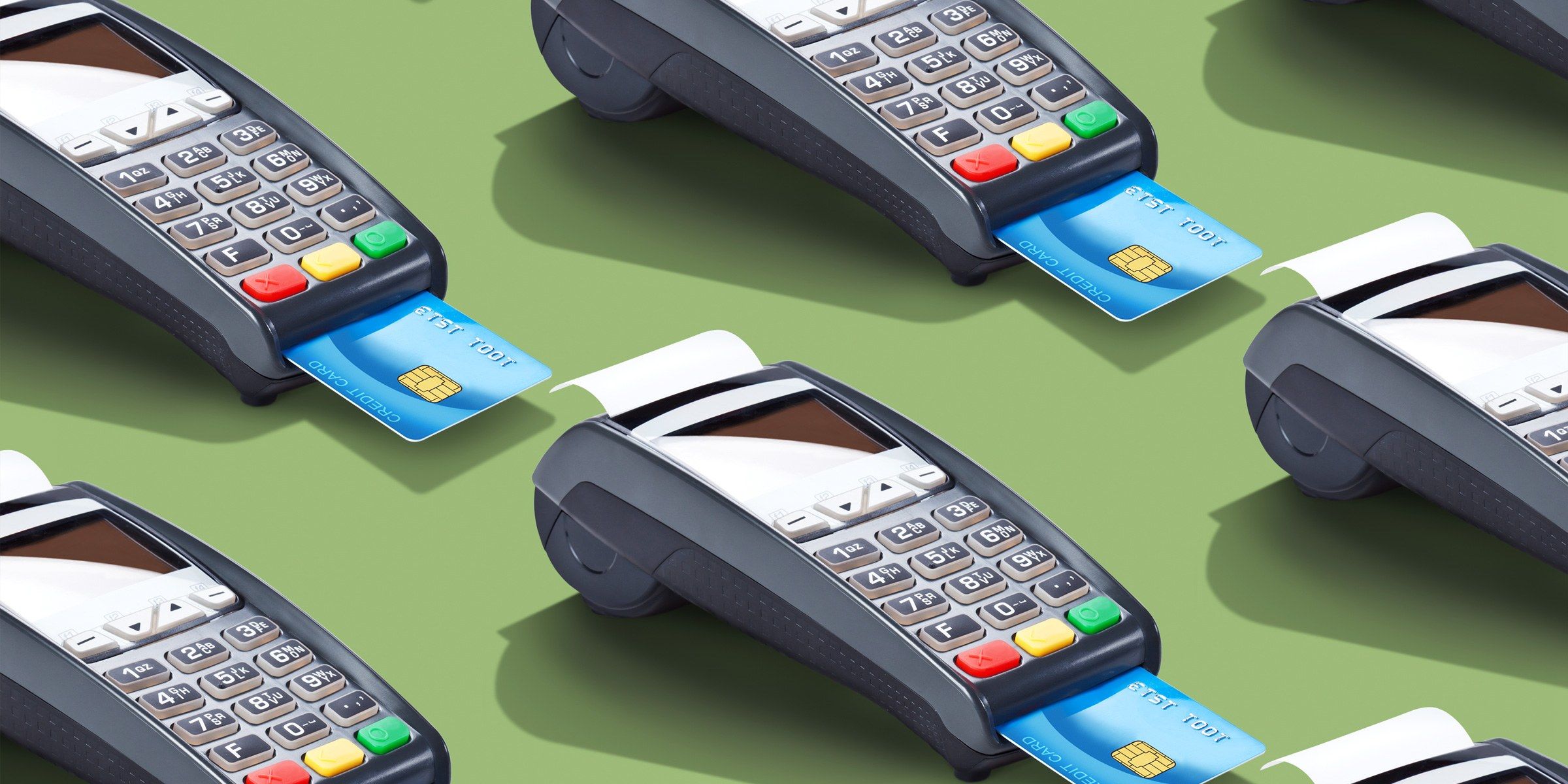I have a very important and scary story to share I wrote. Give it a read. It’s published the Napa Valley Register (the main paper of a community where my wine business is newly located). The article is about one of the most common and unexpected ways people around the world die. I almost did.
I recently completed a European speaking tour discussing transhumanism, a social movement whose primary goal is to live as long as possible through science.
Ironically, I’ll probably remember the month-long tour most for a specific 60 seconds—when I almost choked to death on thick, leathery bread in a German restaurant. This may be surprising, but the fourth-leading cause of unintentional death in America is asphyxiation from choking on food, according to the National Safety Council.
In fact, a few years ago, a high school friend of mine who was a talented athlete died when meat became lodged in his windpipe. In total, approximately 2,500 Americans perish every year from choking on food.
Most people never worry about the mechanics of how food travels from the mouth to the stomach—many of us have eaten tens of thousands of times without serious incident. But in today’s modern society, with a range of new types of foods and textures, and the fact many of us are always in a rush (like I was constantly on my speaking tour), people should consider choking dangers far more. People should also know that they can choke on a wide variety of foods that accidentally get stuck in the trachea instead of going down the esophagus.
Read more
